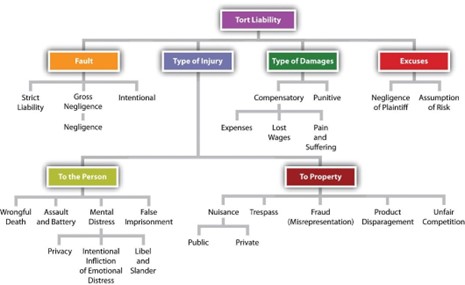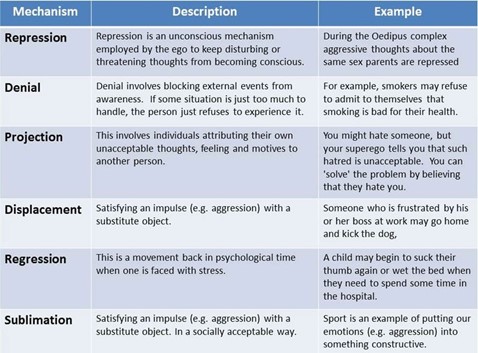Which individual with a mental illness may need emergency involuntary hospitalization for mental illness?
The individual who:
Select one:
want to hurt a neighbor due to command hallucinations.
reports hearing angels playing harps during storms.
resumes using heroin every day while still taking treatment with methadone.
does not show up for a very important appointment in the Mental health clinic
The Correct Answer is A
Involuntary hospitalization for mental illness is typically reserved for situations where an individual poses an immediate danger to themselves or others due to a severe mental illness. In option A, the individual is experiencing command hallucinations, which are often a symptom of a severe mental illness such as schizophrenia. The fact that they want to hurt their neighbor is a clear indication that they pose a danger to others and require emergency intervention.
Option B may indicate a mental illness such as schizophrenia or bipolar disorder, but it does not necessarily pose an immediate danger to the individual or others.
Option C may indicate a relapse in addiction, but again, it does not necessarily pose an immediate danger to the individual or others.
Option D may indicate a need for follow-up and intervention, but it does not indicate an immediate danger to the individual or others.
Nursing Test Bank
Naxlex Comprehensive Predictor Exams
Related Questions
Correct Answer is C
Explanation
False imprisonment is the unlawful restraint of a person against their will. In this situation, the nurse’s actions of placing the client in seclusion overnight because the unit is short-staffed and the client frequently fights with other clients may be considered false imprisonment if the client did not consent to being placed in seclusion and if there were no legal grounds for doing so.
Option a. Invasion of privacy refers to the violation of a person’s right to privacy.
Option b. Battery refers to the intentional and harmful or offensive touching of another person without their consent.
Option d. Assault refers to the intentional act of causing another person to fear immediate harm or offensive contact.

Correct Answer is C
Explanation
Rationalization is a defence mechanism in which a person attempts to justify or explain their behavior or actions in a way that makes them seem more acceptable or reasonable. In this case, the client is using rationalization by attributing their alcohol abuse to their job and the need to drink with clients at parties.
Option a. Compensation is a defense mechanism in which a person attempts to make up for a perceived weakness or deficiency by excelling in another area.
Option b. Suppression is a defense mechanism in which a person consciously chooses to avoid thinking about or dealing with unpleasant thoughts or feelings.
Option d. Reaction-formation is a defense mechanism in which a person behaves in a way that is opposite to their true feelings or desires.

Whether you are a student looking to ace your exams or a practicing nurse seeking to enhance your expertise , our nursing education contents will empower you with the confidence and competence to make a difference in the lives of patients and become a respected leader in the healthcare field.
Visit Naxlex, invest in your future and unlock endless possibilities with our unparalleled nursing education contents today
Report Wrong Answer on the Current Question
Do you disagree with the answer? If yes, what is your expected answer? Explain.
Kindly be descriptive with the issue you are facing.
